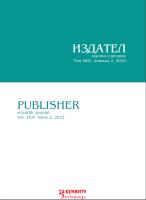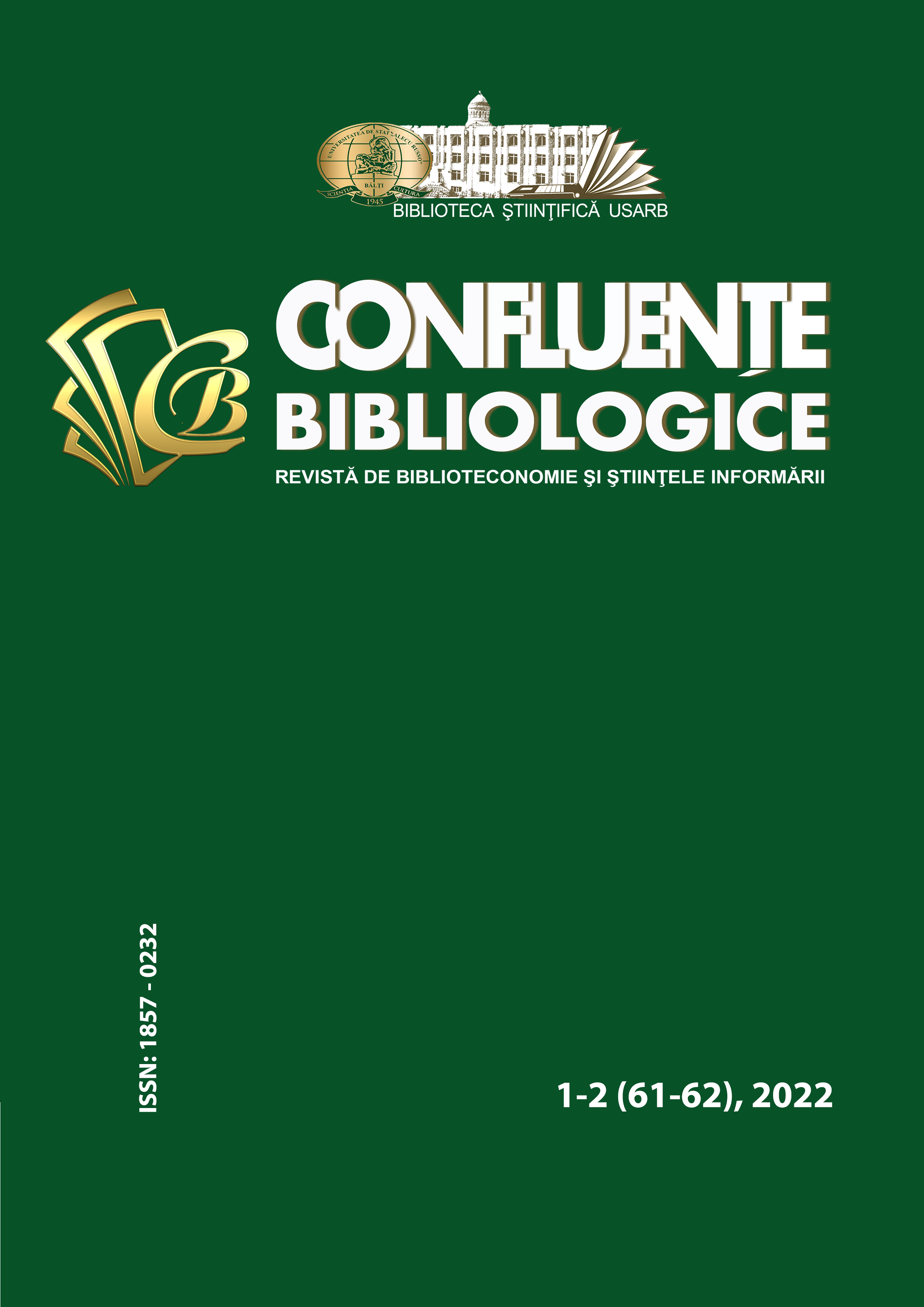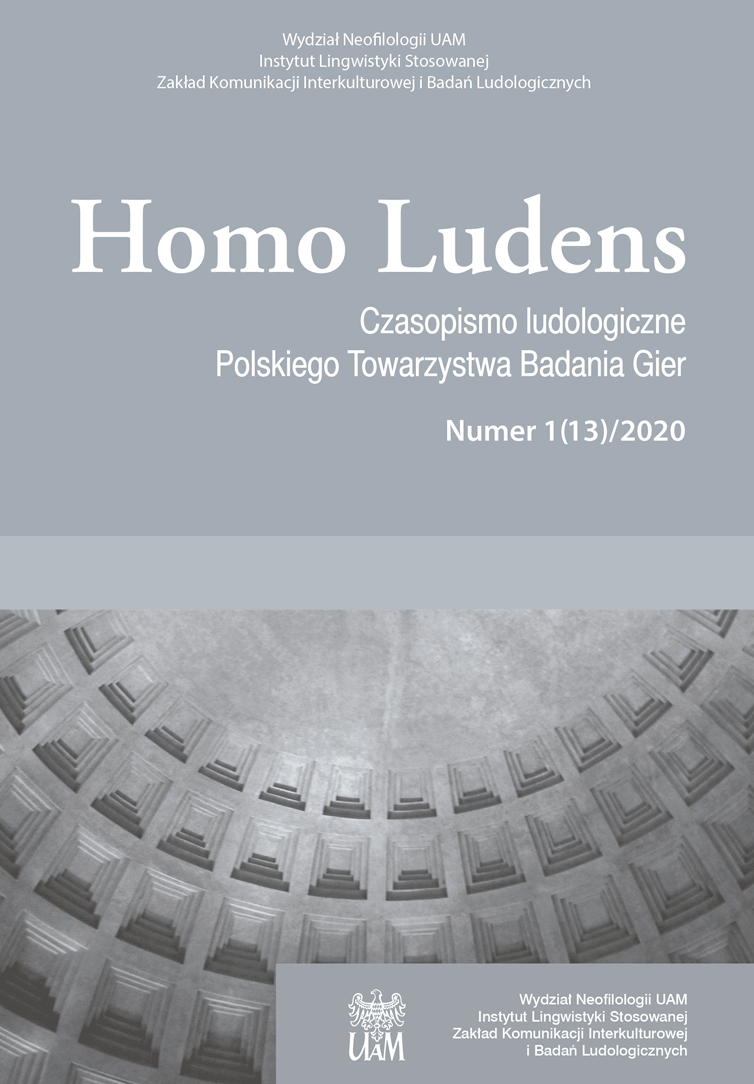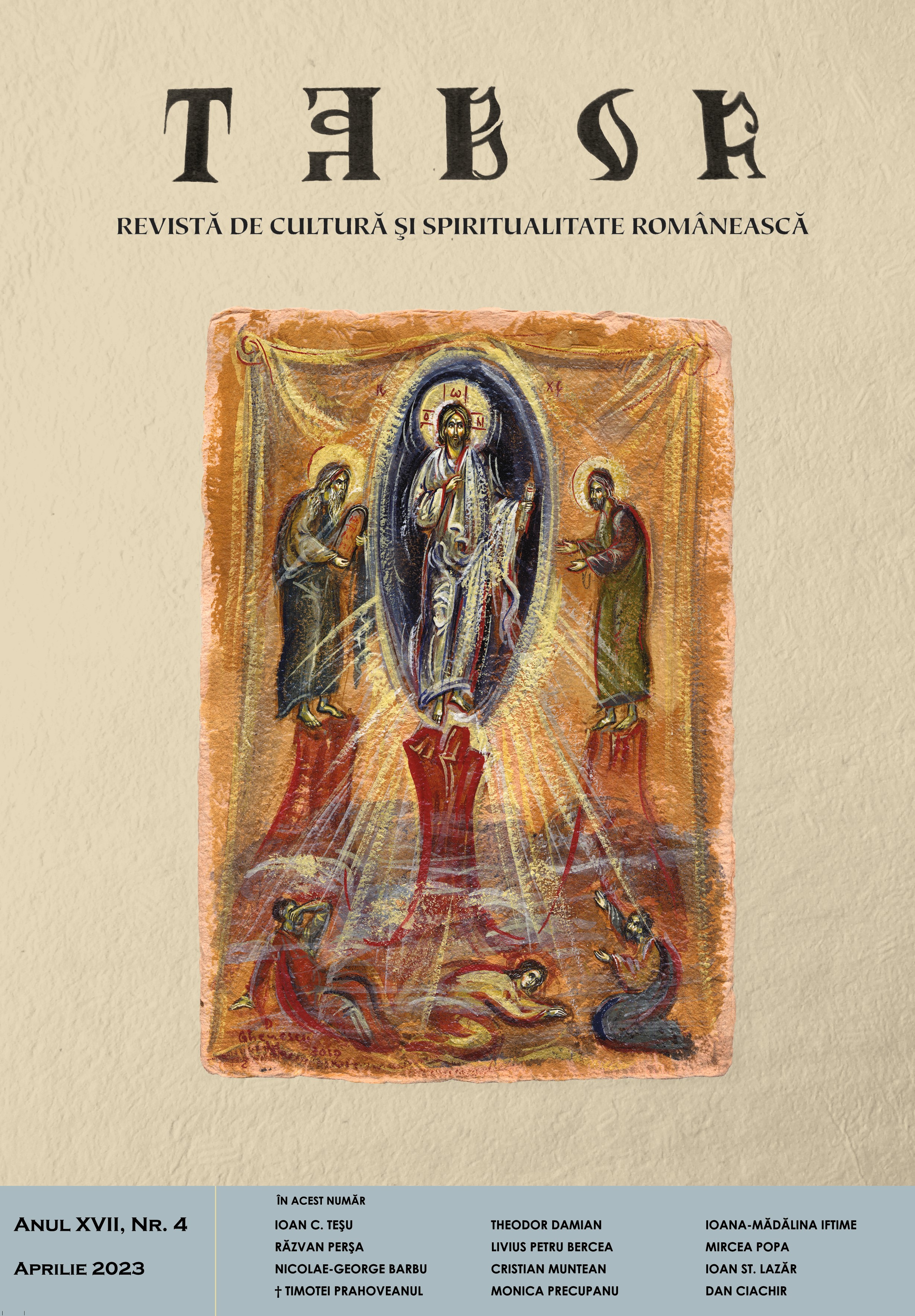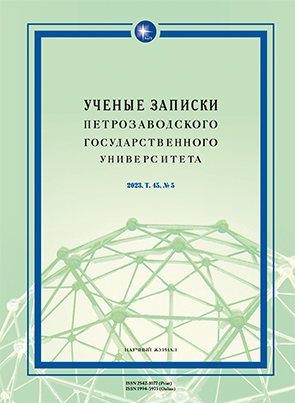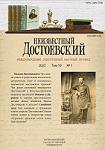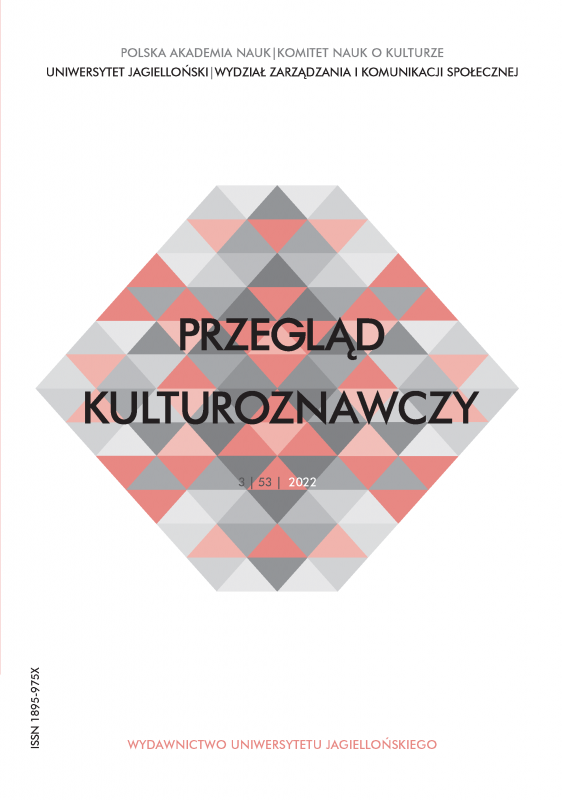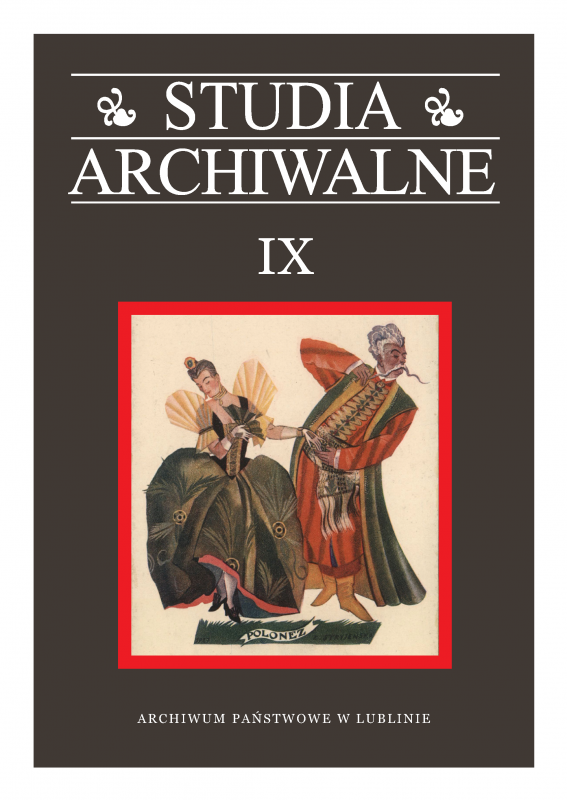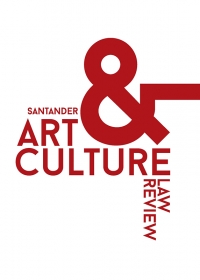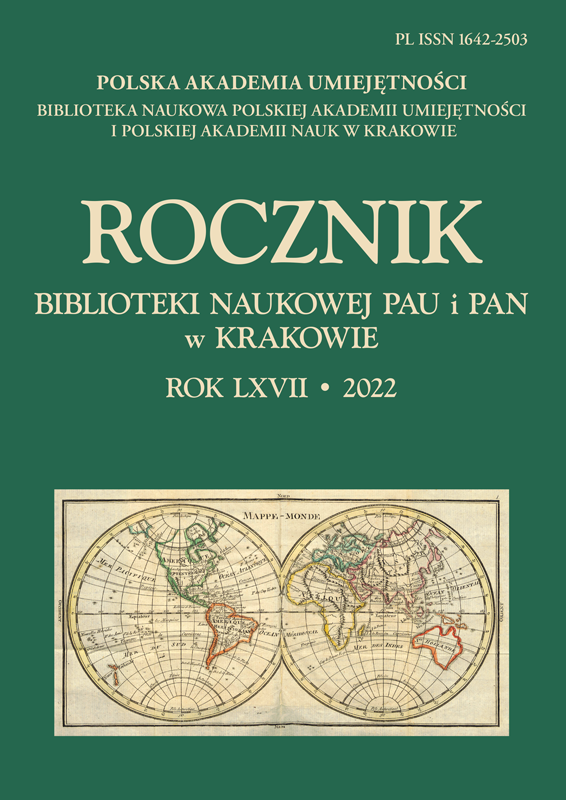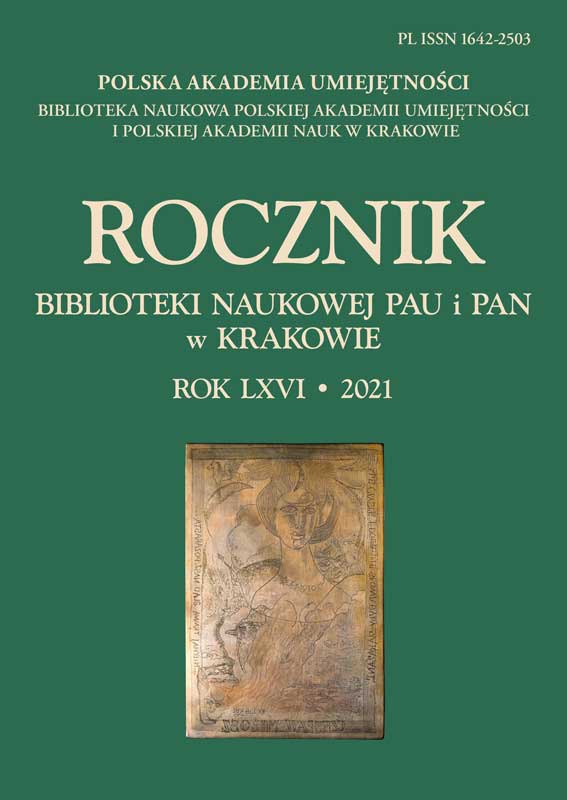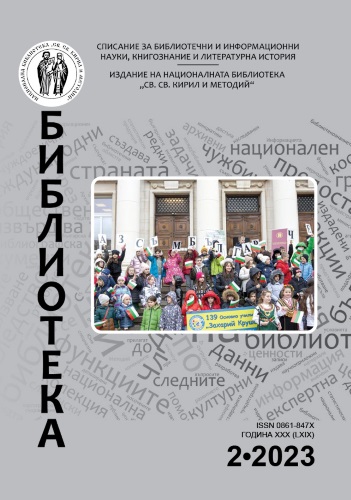Author(s): Karolina Grodziska / Language(s): Polish
Issue: 67/2022
The article discusses an unknown episode from the history of our library, related to the donation of several dozen 17th and 18th c. documents on Cossacks done in 1954 by the Polish Academy of Sciences on the request of the Ministry of Culture and Arts of the Ukrainian Soviet Socialist Republic. These were the proclamations by Bogdan Chmielnicki and his son Jerzy (Jurek) as well as priviliges bestowed to Cossacks by empress Anna and empress Elisabeth. The original documents were included in manuscripts no. 270, 1678 and 1679. The first one was donated in 1866, the other two in the years 1906–1912.The manuscript no. 270 was donated in 1866 to the then existing Cracow Scientific Society. It was provided by Stanisław Filip Krzyżanowski (1841–1881), the owner of an estate in the former Bracław voivodeship, collector of paintings, old coins, manuscripts and old prints, a historian and publisher of writings, a member of the Cracow Scientific Society. The group of scriptures donated by him contained 49 manuscripts and 20 parchment diplomas. Its valuable and homogeneous part are the so-called Manuscripts of the Cossacks, including among others 17th-19th proclamations issued by subsequent Cossack hetmans, court files and numerous documents on the political, economic, social and church history of eastern Poland – the Podolian, Volhynian and Bracław voivodeships. The entire donation was described in the catalogue of manuscripts issued in 1906 by Jan Czubek, the Academy librarian, and has been present in scientific literature since then. The manuscripts with shelf marks 1678 and 1679 were donated to the Academy after the publication of the catalogue, therefore they were described in the second volume published in 1912. Unfortunately, their descriptions do not contain the provenance or the donor’s name. They include 25 and 34 original ukases of the Russian empresses addressed to the Hetmans of Zaporizhian Cossacks: Danylo Apostol (from the years 1730– 1733) and Kyrylo Razumovsky (from the year 1751–1753). After the second volume of Czubek’s catalogue was published, they also became widely known to the historians.In 1947, in new political circumstances, the Polish–Soviet Friendship Society on behalf of the Academy of Sciences of the UkrSSR requested the Polish Academy of Art and Science to take photographs of Chmielnicki’s proclamations. The PAAS management gave its consent. A few years later, the PAAS assets and collections were taken over by the newly created Polish Academy of Sciences, which was recognised as a politically correct unit by the Communist authorities. In 1954, the PAS Printing Houses and Libraries Office in Warsaw, on behalf of the Ministry of Culture and Art, took the original documents from the above mentioned manuscripts away from the Library (then the PAS Library in Cracow). They were donated to the Ukrainian Soviet Socialist Republic.The only trace of this forced “donation to the fraternal nation” to be found in sources is the correspondence related to the handover of the photocopies of taken documents by the PAS Printing Houses and Libraries Office that is included in the Library archives. It took place in December 1954 and the photocopies (of good quality) are still kept in the Library collection. However, the order to hand over the originals is absent. According to the library oral tradition, a message about the order was issued on the phone. The exact date, author of the idea, the names of political principals or Polish implementers of these notorious endeavour remain unknown. A detailed query in the archives of the Ministry of Culture and Art and the chief authorities of the Polish United Workers’ Party may possibly give an answer to these questions.
More...
